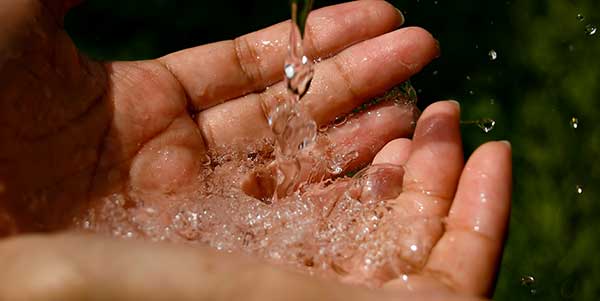[inspired by Rabbi Joseph Telushkin’s “For the Mitzvah We Performed” and by Rabbi Avi Weiss’ “Vidui”]
For the mitzvah of tending to little ones
And the mitzvah of honoring the old
For the mitzvah of checking on friends in distress
And neighbors in wind, rain, and snow
For the mitzvah of toasting new life
And the moments that mark its advance
Of gladdening bridegroom and bride
With wishes and simchadik dance
For the mitzvah of visiting the sick
And of comforting those facing loss
For the mitzvah of helping our loved ones
And those who are strangers to us
For the mitzvah of offering a shoulder
And extending long arm and warm hand
For the mitzvah of listening with heart
And muting proposed reprimand
For the mitzvah of asking forgiveness
For the mitzvah of granting it
For the mitzvah of building a bridge
And the mitzvah of spanning it
For the mitzvah of caring for self
Of feeding our spirits and minds
And of saying “No, thanks” or “Goodbye”
When there’s no better answer to find
For the mitzvah of thanking our teachers
Of making a passerby smile
Of finding the good in the other
Of recalling the good in ourselves
For the mitzvah of conceding our failings
Not with shame but with impulse to grow
For the mitzvah of pushing on, moving forward
When our reservoir of hope has run low:
With all these mitzvot in mind, God of Forgiveness, have mercy on us; help us have mercy on ourselves; and renew our lives so that we may build on the work we have begun.












